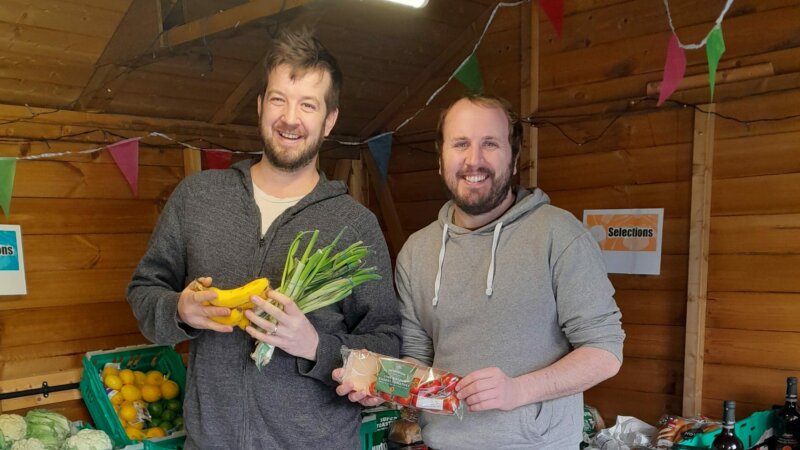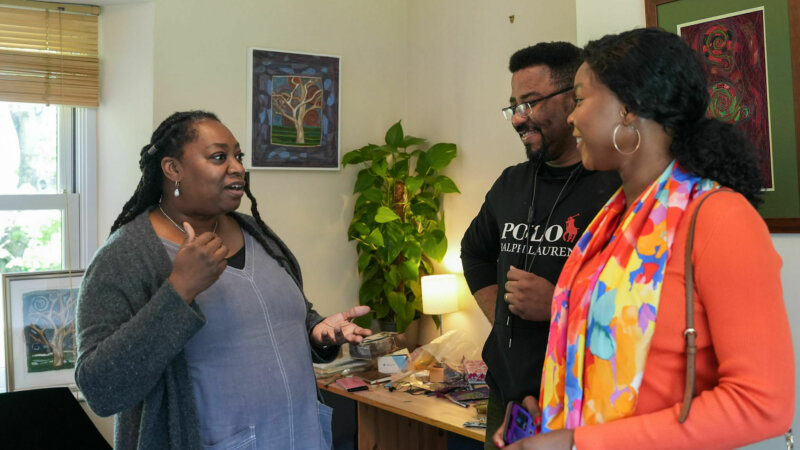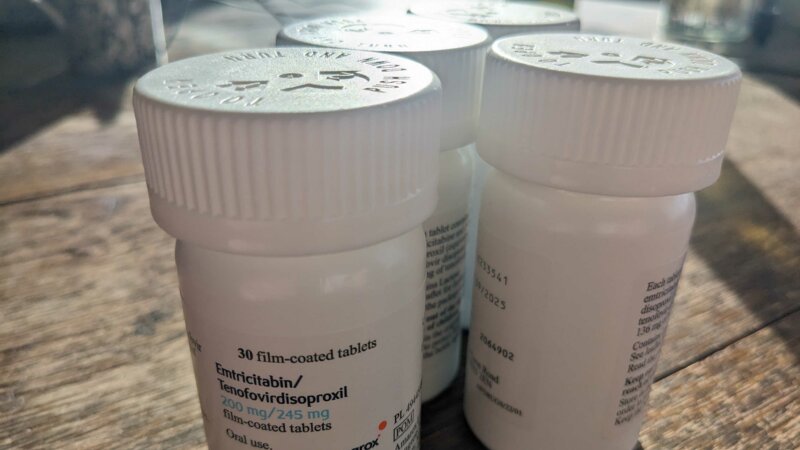Drugs: Laughing Mass
The government are united against laughing gas (but not shale gas, of course), but more 'legal highs' are on course for the underground market if the proposed Psychoactive Substances Bill becomes law. The government has excluded a very specific class group of legal highs from this blanket ban - alcohol, caffeine, sugar, tobacco, pre-existing food and medical products, to cut the long list short.
If it hadn’t been for the food exemption, I and my fellow allotment growers would have been panicking. Some varieties of potato plant become ‘psychoactive’ once they finish flowering, for example. The little green bulb produced at the top of the stalk after flowering season is nearly as deadly a poison as its close relative, deadly nightshade. Symptoms include hallucinations, hyperserotonemia, vomiting, paranoia and mental agitation.
The prospect of facing up to seven years' imprisonment under the proposed bill if someone is deemed to “possess, cultivate, supply, produce, import, export any substance intended for human consumption, with the capacity to produce a psychoactive effect”is absurd enough to warrant fear of psychoactive potatoes leading to a jail sentence.
The World Health Organisation defines psychoactive substances as "substances that, when taken in or administered into one's system, affect mental processes, e.g. cognition or affect". If you’re one of many people in the UK who have a brain, this is bad news. The brain and its neurotransmitters are the subjective agents for mental change. If you possess a brain, then the chance of being a criminal, like the rest of us, is all but inevitable.
The astonishing thing about this bill is its blatant disregard of any considered approach to harm reduction, under the guise of protecting the public from one of many symptoms which are heavily associated with three decades of failed drug prohibition policy - the emergence of an adaptive new market for ‘legal highs’, which have thus far succeeded in dodging the administrative marketing errors of illegal drugs.
Consider the paradoxical nature of it: "Substances, such as alcohol, tobacco, caffeine, food and medical products, would be excluded from the scope of the offence, as would controlled drugs, which would continue to be regulated by the Misuse of Drugs Act 1971." This is despite the colossal scale of evidence gathered in the past decades which gives the public one story about how damaging sugar, caffeine and alcohol can be without moderation. On the other hand, these are the guys the law lets off, so they must be all right, right?
Manufacturers of legal highs have figured out that the human demand for narcotics is persistent enough to enable the illegal market to thrive more than ever, and that all you have to do to get around the criminality of the sale is alter one or two of its chemical bonds, so that, technically, while consumption of the slightly-altered compound will largely produce the same if not more potent effects as its illegal counterpart, the product isn’t itself classed as illegal.
We need to talk about drugs - still.
At this point, I urge readers to avoid relapsing into exacerbated sighs, which are understandable but symptomatic of a population which is already becoming dangerously subdued, too easily charmed by the lure of political defeatism and submission to the easy option - ask no questions, because you’ll get no answers. We do far more drug taking than we do talking. The void between the theory and the practicalities of free choice and free speech is certainly a confusing and disenfranchising one.
But what can we do about it? You can influence policy by becoming part of the machine which ‘ticks the boxes’ for the far-removed decision makers. The numbers here are clearly the key players, and in order to push policy, you have to push numbers first. It’s not ideal, but it is reality.
My best advice for getting involved and being heard is to join a movement. Students for Sensible Drug Policy (SSDP) is the one I’m proudly a part of. We represent the views of an international network of students, young people and professionals dedicated to ending the war on drugs. At its heart, SSDP is a grassroots organisation. We bring young people together and create safe spaces for students of all political and ideological stripes to have honest conversations about drugs and drug policy.
We work within communities to build a healthier and more tolerant society, where young people are equipped with the skills and knowledge to make the right choices about drugs. We aim to build a strong, passionate and motivated team comprised of individuals of many different skills, experiences and backgrounds who are committed to equality and non-discrimination.
Our Sheffield team is working on expanding membership and awareness, and hope to spread the word. Get involved. Take on some extra voluntary work experience or just take time to find out a bit more about our global campaign for sensible drug policy.
We are looking for writers, designers, event organisers, fundraisers, communication, advocacy and media officers, and filmmakers. Anyone can get involved by sharing our campaign stories, sharing your own stories or spending a moment of your time to find out more about what we do and what we have achieved through our campaign for sensible, proportionate and non-discriminatory drug policy action. Help us to inject some much needed sense into the walls of our legislative chamber. We can make politics work.
ssdp.org.uk
Facebook: SSDP UK
ellie.neves@ssdp.org.uk )





